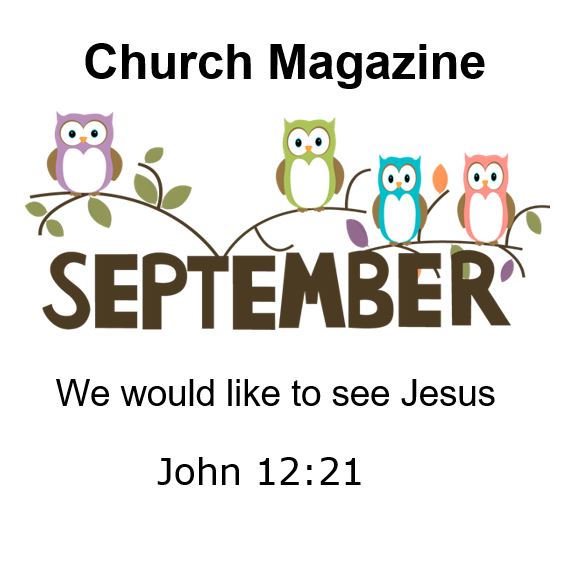Charles Haddon Spurgeon (September 2020)
Charles and Susannah Spurgeon
The Spurgeons of East Anglia were originally religious refugees from the Netherlands, who arrived in England in the sixteenth century. C.H. Spurgeon, after whom our main hall is named, was born on the 19th June 1834 at Kelvedon in Essex. He was the eldest of eight children. His father had two jobs, being employed as a bookkeeper for a coal merchant during the week and serving as a preacher to a small congregation on Sundays. When Charles was ten months old, his parents moved to Colchester and he was sent to stay with his grandparents at Stambourne. He lived with them and his maiden aunt for 6 years. Much of what he learnt about the Christian faith during those early years was through the instruction and example of his grandparents.
At the age of ten, he paid them a summer visit at the same time as another preacher, Richard Knill, who was staying with them. He was impressed with Charles who is described as ‘a precocious child, with a fine mind and a bright spirit’, and prayed with him on three different occasions in the arbour behind the house. As he was preparing to depart, Knill took the young C.H. Spurgeon upon his knee and prophesied that ‘This child will one day preach the gospel, and he will preach it to great multitudes.’ As we know, Knill’s predictions later came true, and Charles Spurgeon never forgot this incident either as can be seen from his autobiography.
Educated at local dame schools and at a college in Maidstone, the teenage Charles seemed destined for a teaching career. He left Maidstone in the summer of 1849 and became a junior tutor at John Swindell’s School in Newmarket. There he became skilled in Greek and Latin, and well-read in philosophy; in addition, he assisted in teaching the younger children. Although he was still unconverted, the Christian influence of his grandparents had made an indelible impression on him. He, however, had become convinced that God would not save him. All his own efforts to find a relationship with Christ had failed, but he remembered his mother saying that she had never heard anyone relate that they had sought Christ and been rejected. That gave him cause to believe that there might still be hope for himself.
Charles was in the habit of going with his father to the church he served at Tollesbury. One Sunday in January 1850, due to the inclement weather, John Spurgeon recommended that his son remain in Colchester, and attend one of the independent churches there. When Charles left home to go to church it was snowing heavily, and the fury of the storm soon drove him to find the nearest church possible – a Primitive Methodist Chapel not far from his house. It was not Charles’ first choice, but as one biographer puts it, ‘it was God’s choice’. There were only 15 people present in the little chapel, but the text used was, ‘Look unto me and be ye saved all the ends of the earth.’ After a few brief attempts at expounding the text the speaker looked right at Charles and said, “Young man, you look very miserable.” His observation was correct: that was exactly how Charles felt. The words struck right to his heart. The speaker continued: “… you will always be miserable … miserable in life and miserable in death …
if you don’t obey my text; but if you obey now, this moment, you will be saved … Young man, look to Jesus! Look! Look! Look! You have nothing to do but look and live.”
Immediately, Charles saw the way to salvation. He described it later: “There and then the cloud was gone; the darkness had rolled away and that moment I saw the sun; I could have risen that instant and sung with the most enthusiastic of them of the precious blood of Christ and the simple faith that looks alone to Him.” Spurgeon did not hear any more of what the preacher had to say, for he was overwhelmed by the wonderful transformation he was experiencing in his life. Indescribable joy and peace came upon him. He later said, “I looked to Jesus as I was, and found in Him my Saviour.”
Four months later, Charles was baptised in the River Lark near Isleham in Cambridgeshire. After that he returned to Newmarket and became active in Christian service, distributing tracts and visiting enquirers. (to be continued next month)
